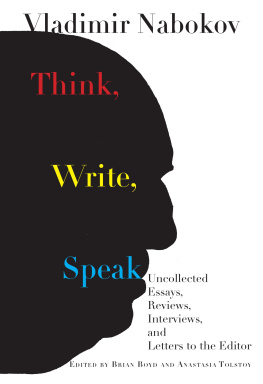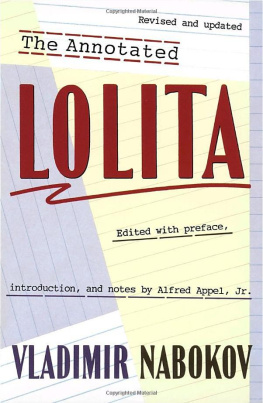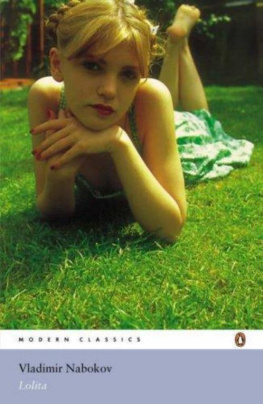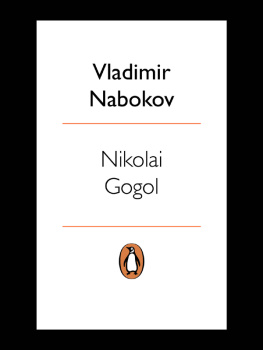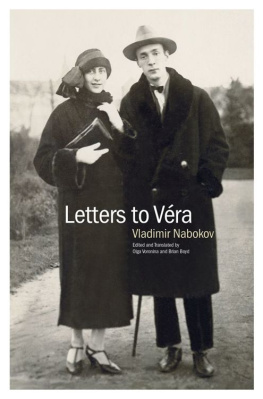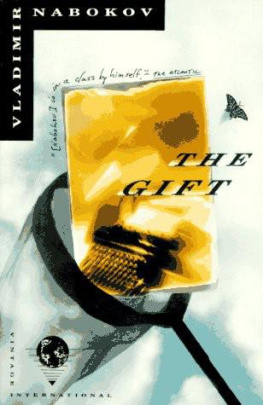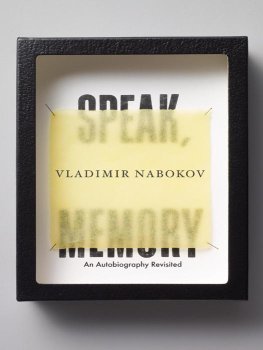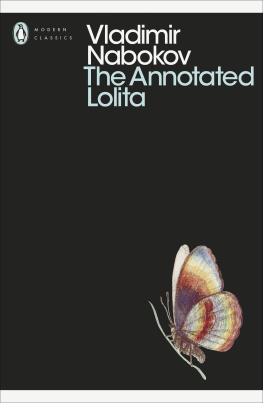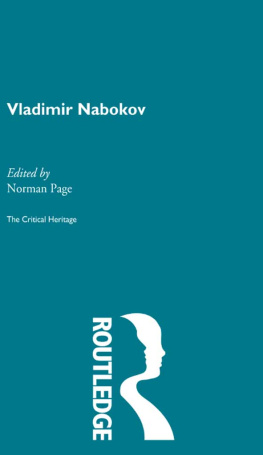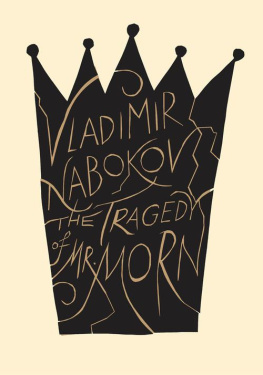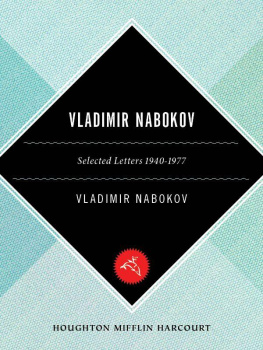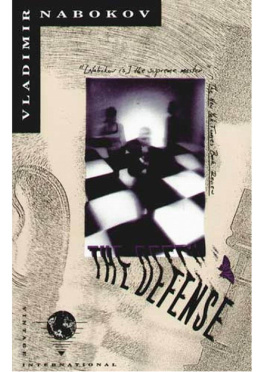Vladimir Nabokov - King, queen, knave
Here you can read online Vladimir Nabokov - King, queen, knave full text of the book (entire story) in english for free. Download pdf and epub, get meaning, cover and reviews about this ebook. City: New York, year: 1989., publisher: Vintage Books, genre: Art / Prose. Description of the work, (preface) as well as reviews are available. Best literature library LitArk.com created for fans of good reading and offers a wide selection of genres:
Romance novel
Science fiction
Adventure
Detective
Science
History
Home and family
Prose
Art
Politics
Computer
Non-fiction
Religion
Business
Children
Humor
Choose a favorite category and find really read worthwhile books. Enjoy immersion in the world of imagination, feel the emotions of the characters or learn something new for yourself, make an fascinating discovery.

- Book:King, queen, knave
- Author:
- Publisher:Vintage Books
- Genre:
- Year:1989.
- City:New York
- Rating:3 / 5
- Favourites:Add to favourites
- Your mark:
- 60
- 1
- 2
- 3
- 4
- 5
King, queen, knave: summary, description and annotation
We offer to read an annotation, description, summary or preface (depends on what the author of the book "King, queen, knave" wrote himself). If you haven't found the necessary information about the book — write in the comments, we will try to find it.
King, queen, knave — read online for free the complete book (whole text) full work
Below is the text of the book, divided by pages. System saving the place of the last page read, allows you to conveniently read the book "King, queen, knave" online for free, without having to search again every time where you left off. Put a bookmark, and you can go to the page where you finished reading at any time.
Font size:
Interval:
Bookmark:
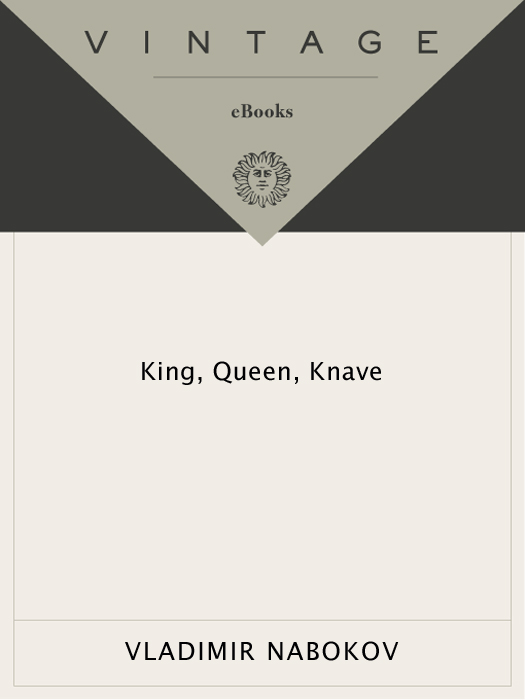

BOOKS BY Vladimir Nabokov
NOVELS
Mary
King, Queen, Knave
The Luzhin Defense
The Eye
Glory
Laughter in the Dark
Despair
Invitation to a Beheading
The Gift
The Real Life of Sebastian Knight
Bend Sinister
Lolita
Pnin
Pale Fire
Ada, or Ardor: A Family Chronicle
Transparent Things
Look at the Harlequins!
The Original of Laura
SHORT FICTION
Nabokovs Dozen
A Russian Beauty and Other Stories
Tyrants Destroyed and Other Stories
Details of a Sunset and Other Stories
The Enchanter
DRAMA
The Waltz Invention
Lolita: A Screenplay
The Man from the USSR and Other Plays
AUTOBIOGRAPHY AND INTERVIEWS
Speak, Memory: An Autobiography Revisited
Strong Opinions
BIOGRAPHY AND CRITICISM
Nikolai Gogol
Lectures on Literature
Lectures on Russian Literature
Lectures on Don Quixote
TRANSLATIONS
Three Russian Poets: Translations of Pushkin,
Lermontov, and Tiutchev
A Hero of Our Time (Mikhail Lermontov)
The Song of Igors Campaign (Anon.)
Eugene Onegin (Alexander Pushkin)
LETTERS
Dear Bunny, Dear Volodya:
The Nabokov-Wilson Letters, 19401971
Vladimir Nabokov: Selected Letters, 19401977
MISCELLANEOUS
Poems and Problems
The Annotated Lolita
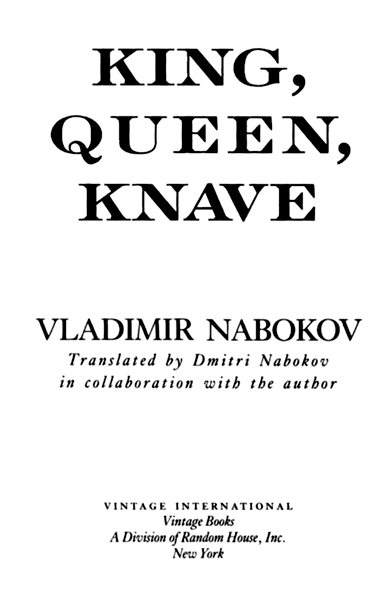

First Vintage International Edition, July 1989
Copyright 1968 by Vladimir Nabokov
All rights reserved under International and Pan-American Copyright Conventions. Published in the United States by Random House, Inc., New York. Originally published in Great Britain by Weidenfeld & Nicolson, an imprint of Weidenfeld (Publishers) Ltd., and in the United States by McGraw Hill, Inc., in 1968. This edition published by arrangement with the Estate of Vladimir Nabokov.
Library of Congress Cataloging-in-Publication Data
Nabokov, Vladimir Vladimirovich, 18991977.
[Korol, dama, valet. English]
King, queen, knave / Vladimir Nabokov; foreword by the
author; translated by Dmitri Nabokov in collaboration with the
author. 1st Vintage international ed.
p. cm.(Vintage international)
Translation of: Korol, dama, valet.
eISBN: 978-0-307-78764-4
I. Title.
PG3476.N3K63 1989 88-40530
891.7342dc19
Cover art by Peter Mendelsund
Cover photograph by Alison Gootee
v3.1
To Vra
Of all my novels this bright brute is the gayest. Expatriation, destitution, nostalgia had no effect on its elaborate and rapturous composition. Conceived on the coastal sands of Pomerania Bay in the summer of 1927, constructed in the course of the following winter in Berlin, and completed in the summer of 1928, it was published there in early October by the Russian migr house Slovo, under the title Korol, Dama, Valet. It was my second Russian novel. I was twenty-eight. I had been living in Berlin, on and off, for half a dozen years. I was absolutely sure, with a number of other intelligent people, that sometime in the next decade we would all be back in a hospitable, remorseful, racemosa-blossoming Russia.
In the autumn of the same year Ullstein acquired the German rights. The translation was madecompetently, as I was assuredby Siegfried von Vegesack, whom I recall meeting in the beginning of 1929 when passing with my wife posthaste through Paris to spend Ullsteins generous advance on a butterfly safari in the Oriental Pyrenees. Our interview took place in his hotel where he lay in bed with a bad cold, wretched but monocled, while famous American authors were having quite a time in bars and so forth, as was, it is often said, their wont.
One might readily conjecture that a Russian writer in choosing a set of exclusively German characters (the appearances of my wife and me in the last two chapters are merely visits of inspection) was creating for himself insurmountable difficulties. I spoke no German, had no German friends, had not read a single German novel either in the original, or in translation. But in art, as in nature, a glaring disadvantage may turn out to be a subtle protective device. The human humidity, chelovecheskaya vlazhnost, permeating my first novel, Mashenka (published in 1926 by Slovo, and also brought out in German by Ullstein), was all very well but the book no longer pleased me (as it pleases me now for new reasons). The migr characters I had collected in that display box were so transparent to the eye of the era that one could easily make out the labels behind them. What the labels said was fortunately not too clear but I felt no inclination to persevere in a technique assignable to the French human document type, with a hermetic community faithfully described by one of its memberssomething not unsimilar, in a small way, to the impassioned and boring ethnopsychics which depress one so often in modern novels. At a stage of gradual inner disentanglement, when I had not yet found, or did not yet dare apply, the very special methods of re-creating a historical situation that I used ten years later in The Gift, the lack of any emotional involvement and the fairytale freedom inherent in an unknown milieu answered my dream of pure invention. I might have staged KQKn in Rumania or Holland. Familiarity with the map and weather of Berlin settled my choice.
By the end of 1966, my son had prepared a literal translation of the book in English, and this I placed on my lectern beside a copy of the Russian edition. I foresaw having to make a number of revisions affecting the actual text of a forty-year-old novel which I had not reread ever since its proofs had been corrected by an author twice younger than the reviser. Very soon I asserted that the original sagged considerably more than I had expected. I do not wish to spoil the pleasure of future collators by discussing the little changes I made. Let me only remark that my main purpose in making them was not to beautify a corpse but rather to permit a still breathing body to enjoy certain innate capacities which inexperience and eagerness, the haste of thought and the sloth of word had denied it formerly. Within the texture of the creature, those possibilities were practically crying to be developed or teased out. I accomplished the operation not without relish. The coarseness and lewdness of the book that alarmed my kindest critics in migr periodicals have of course been preserved, but I confess to have mercilessly struck out and rewritten many lame odds and ends, such as for instance a crucial transition in the last chapter where in order to get rid temporarily of Franz, who was not supposed to butt in while certain important scenes in the Gravitz resort engaged the attention of the author, the latter used the despicable expedient of having Dreyer send Franz away to Berlin with a scallop-shaped cigarette case that had to be returned to a businessman who had mislaid it with the authors connivance (a similar object also figures, I see, in my
Font size:
Interval:
Bookmark:
Similar books «King, queen, knave»
Look at similar books to King, queen, knave. We have selected literature similar in name and meaning in the hope of providing readers with more options to find new, interesting, not yet read works.
Discussion, reviews of the book King, queen, knave and just readers' own opinions. Leave your comments, write what you think about the work, its meaning or the main characters. Specify what exactly you liked and what you didn't like, and why you think so.

